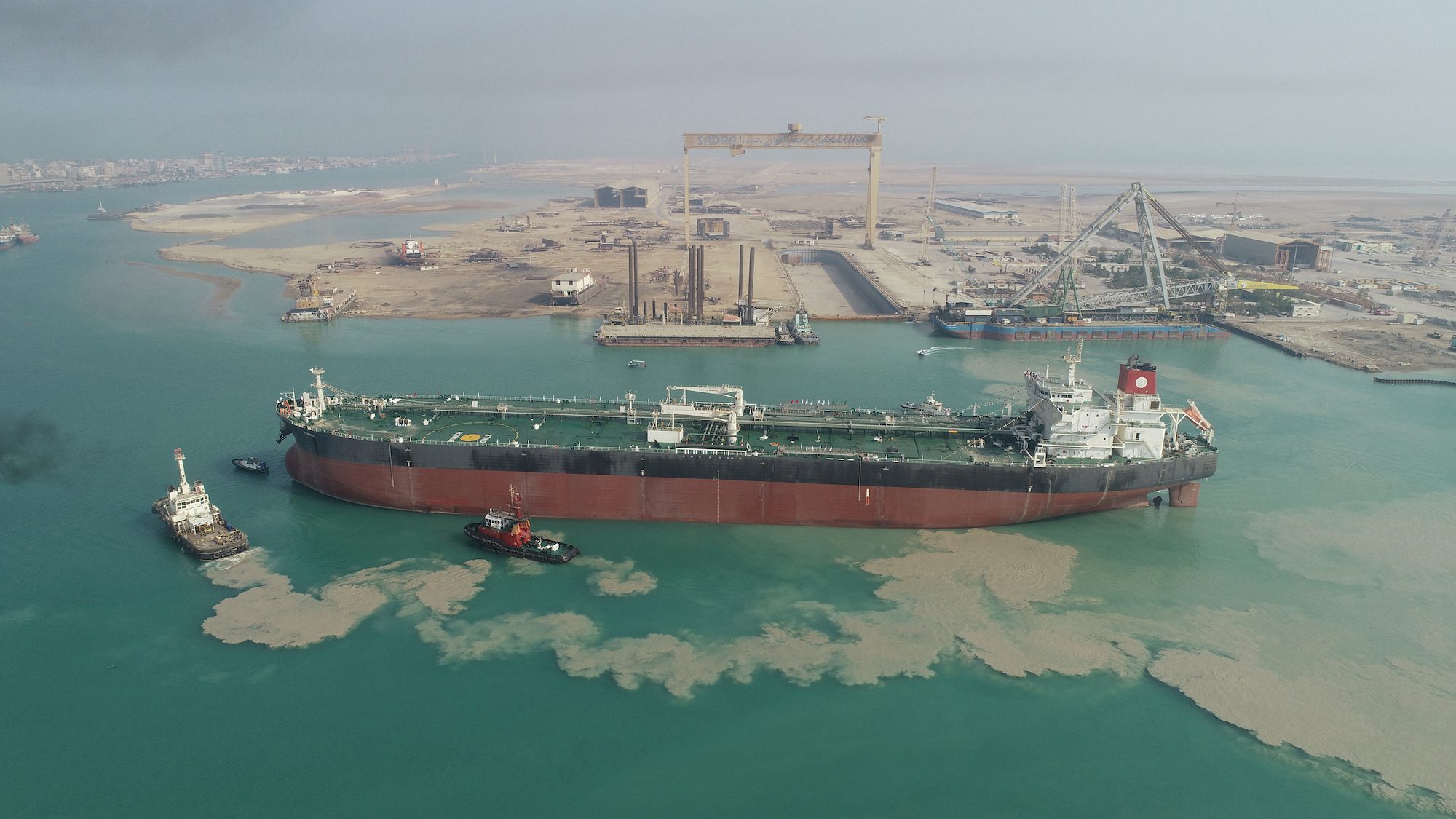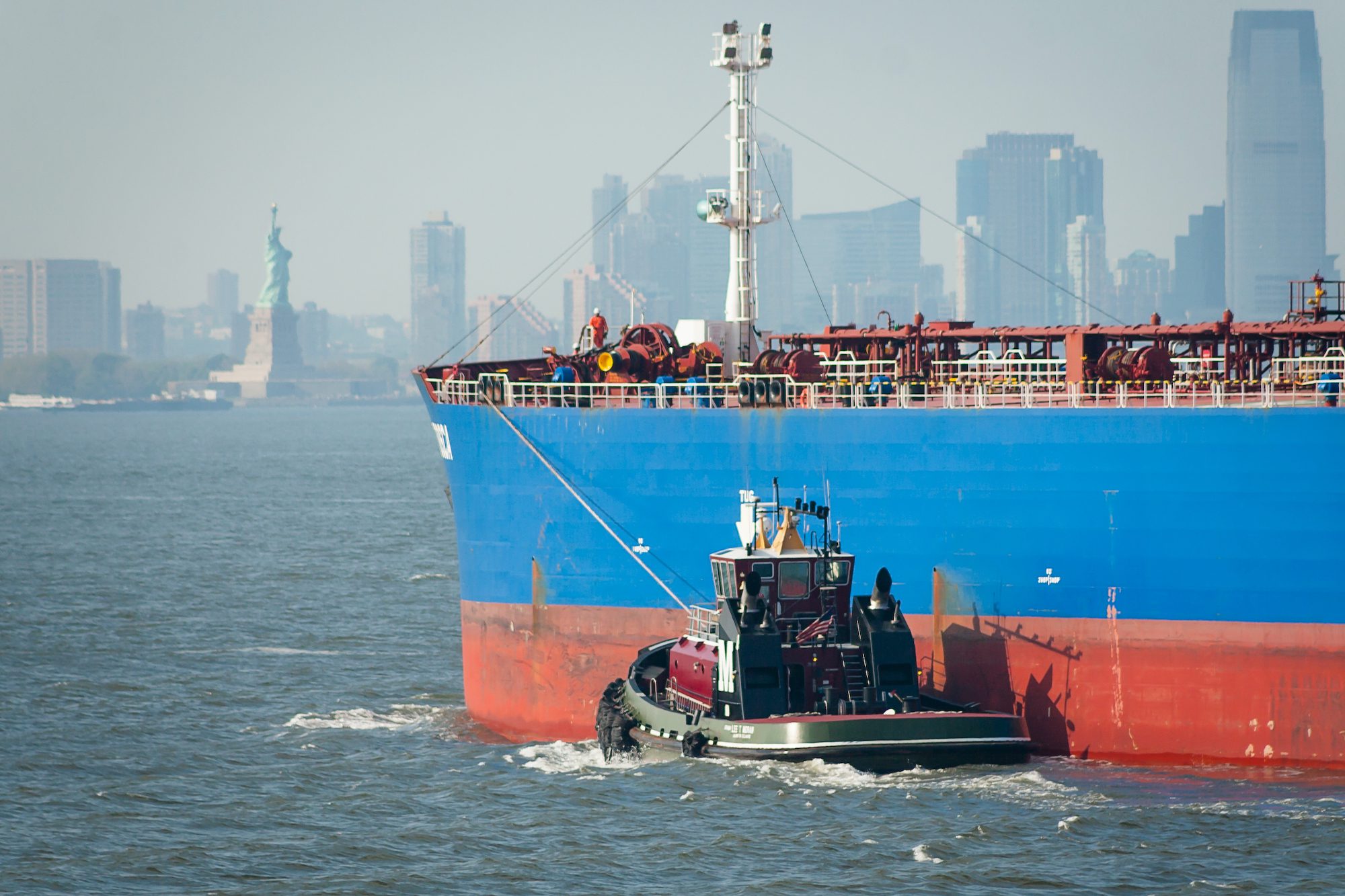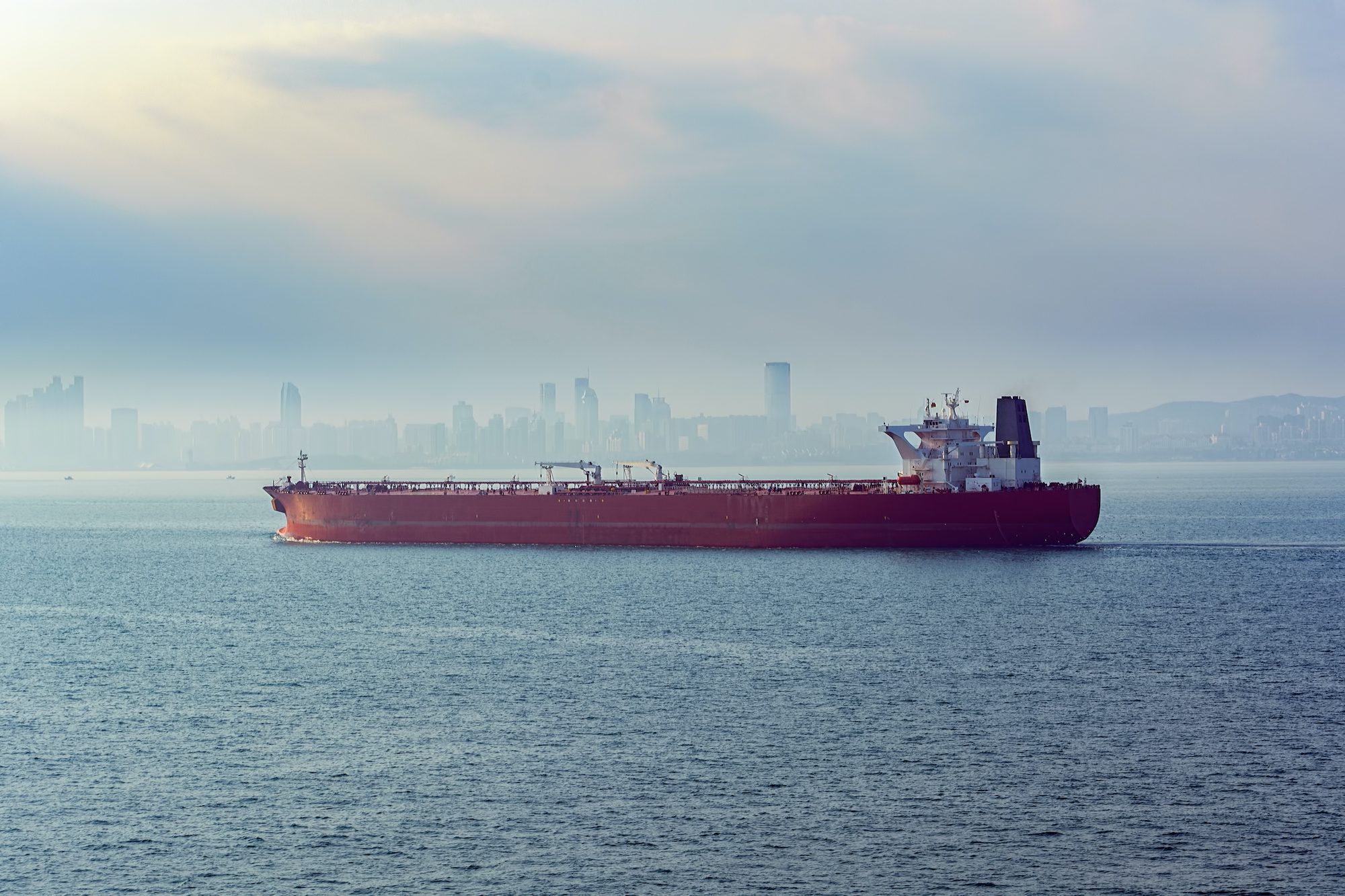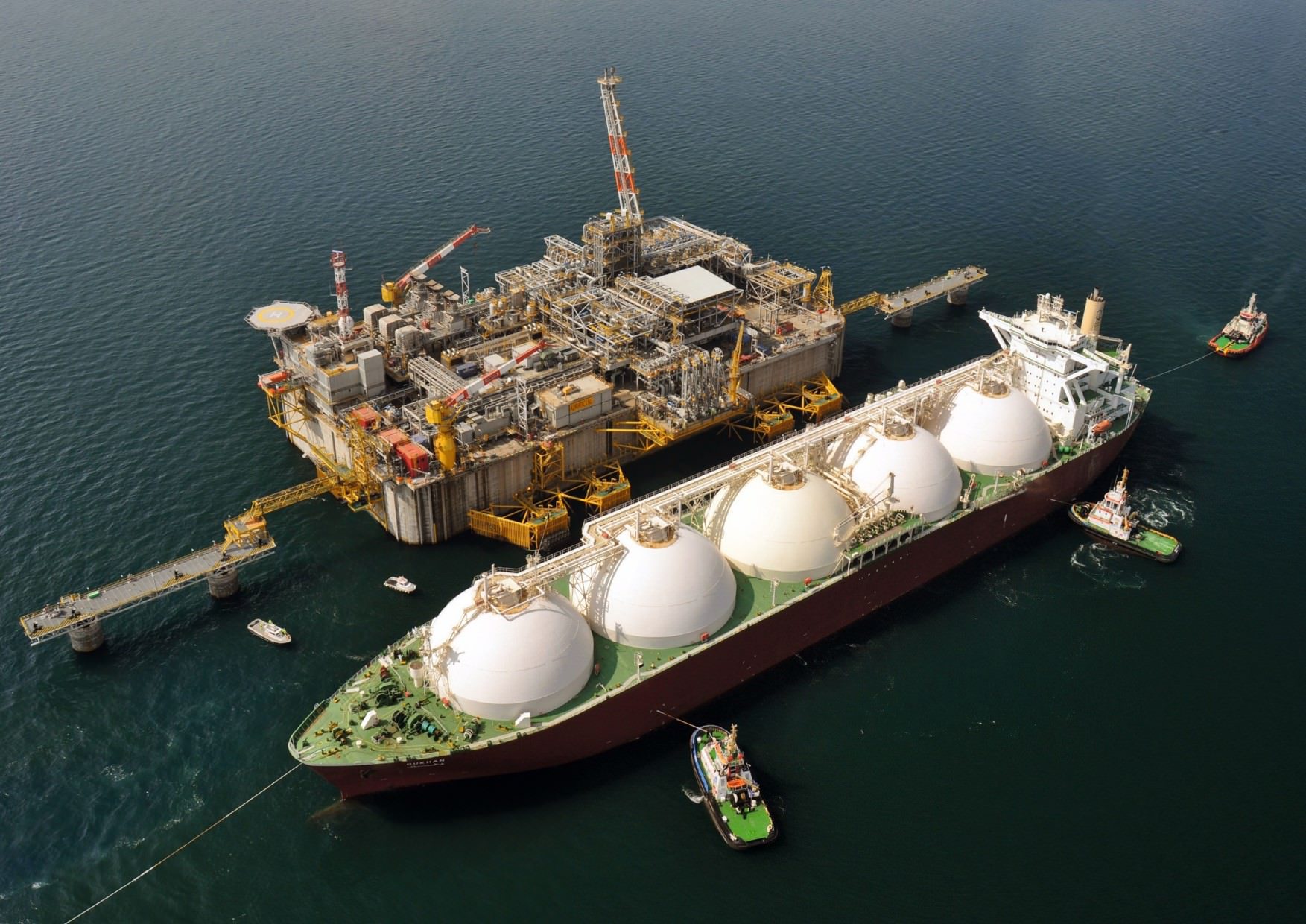By Mircely Guanipa and Marianna Parraga
PUNTO FIJO, Venezuela, Feb 13 (Reuters) – Venezuela will contract with an Iranian shipyard to build two oil tankers under an existing construction agreement bedeviled by payment delays and difficulties with needed certifications, according to people familiar with the matter and documents.
Venezuela’s state-run energy firm PDVSA since last year has redoubled efforts to buy and lease oil tankers to rebuild its own fleet. Its maritime operations have suffered from a long-standing lack of capital and U.S. sanctions that have made it difficult to obtain insurance and receive classifications essential to navigate in international waters.
The two new Aframax tankers, to be named India Urquia and India Mara, will cost 31.66 million euros ($33.77 million) each, an internal PDVSA document detailing the proposed agreement showed.
The vessels will be built by Iran Marine Industrial Company (SADRA) at its Bushehr shipyard, which built two previous vessels for PDVSA, the Aframaxes Arita and Anita, that can each carry 500,000-800,000 barrels of oil.
“(Construction of) the India Urquia must start soon,” one of the sources said.
REPAID DEBT
The agreement will come after Venezuela settled an outstanding debt to Iran with fuel, according to the document, one of the reasons why the contract has not worked as originally planned.
PDVSA in late 2021 delivered a 644,000-barrel fuel oil cargo to Iran valued at 33.9 million euros.
“The shipyard received 30.34 million euros to settle the outstanding debt for tanker Arita,” and another 1.99 million euros went in August to pay accumulated demurrage fees, the document said.
Both the Arita and the second tanker, recently renamed Anita, faced long delays to begin navigating amid the unpaid debts and PDVSA maritime arm’s struggles to secure insurance and seaworthy classifications.
The Arita – now renamed Colon – first set sail in 2017 but was later arrested by a vessel operator over unpaid bills. It was returned to PDVSA in 2019 and has mostly remained in Venezuelan waters since.
The Anita departed Iran in late December carrying an Iranian condensate cargo for PDVSA, one of the sources said. It has not yet arrived in Venezuela, according to tanker tracking services.
A separate vessel chartered by Iran’s state firm Naftiran Intertrade Company (NICO), the supertanker Wen Yao, also is on its way to Venezuela carrying Iranian condensate as part of an oil swap with PDVSA, monitoring firm TankerTrackers.com said.
By the end of the contract, PDVSA will have paid Iran about 157 million euros for the four vessels, according to the proposal drafted in the document. The deal was first announced in 2006 with much fanfare by Tehran and the government of then-President Hugo Chavez.
Some of the vessels to be handed over by Iran could be operated by third parties, according to one person.
The document did not detail delivery dates for the two tankers to come. PDVSA and SADRA did not reply to requests for comment.
Iran’s and Venezuela’s oil sectors are under U.S. sanctions that make it difficult to obtain services for vessels built or sailing under those countries’ flags, and expose the ships’ cargoes to the risk of seizures and retentions.
Washington has in recent years expanded the list of blacklisted tankers linked to Iran and Venezuela, and imposed sanctions on their state oil companies and their maritime arms.
($1 = 0.9375 euros)
(Reporting by Mircely Guanipa in Punto Fijo and Marianna Parraga in HoustonEditing by Marguerita Choy)
(c) Copyright Thomson Reuters 2023.
Editorial Standards · Corrections · About gCaptain
This article contains reporting from Reuters, published under license.

 Join The Club
Join The Club












